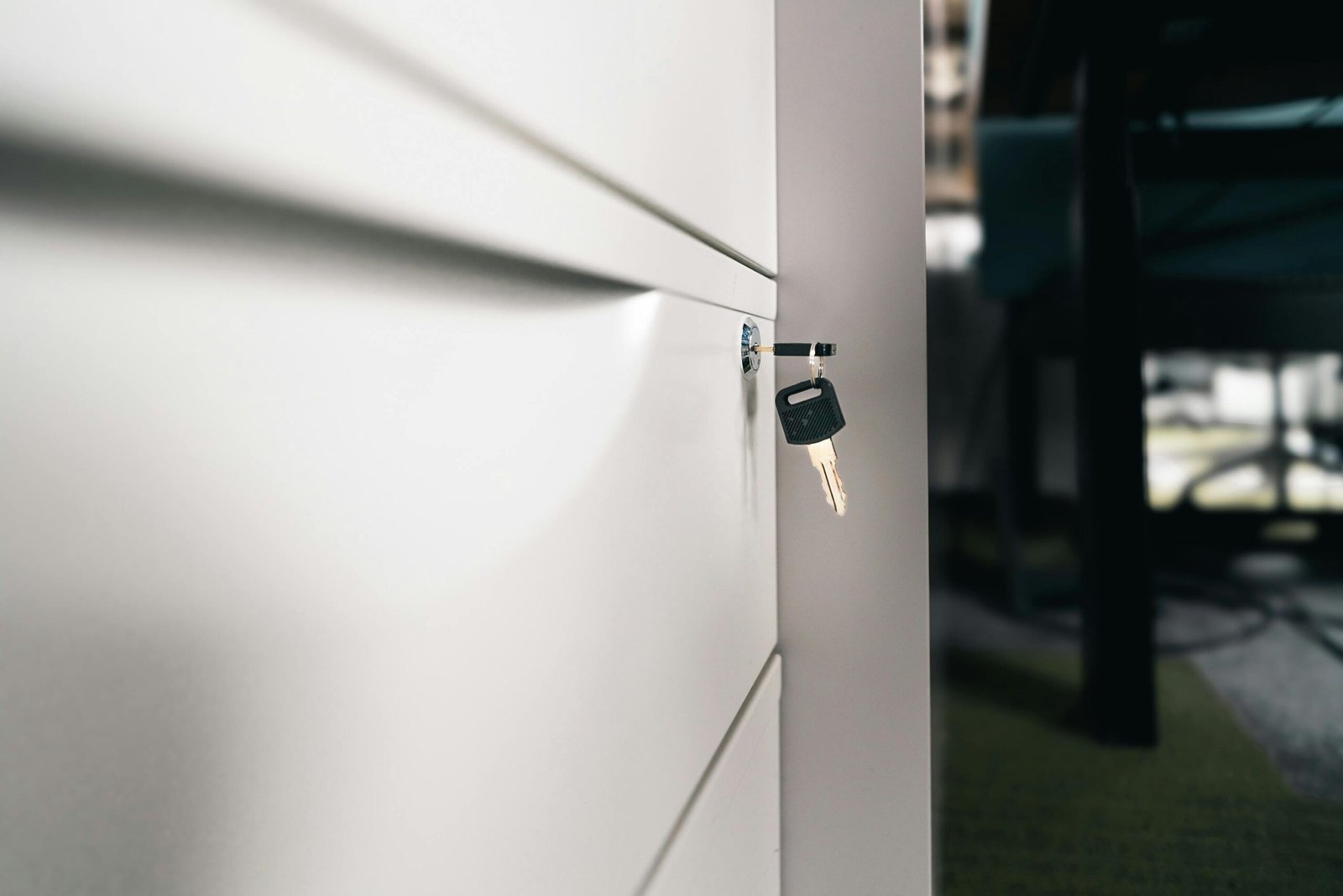
In today’s world, where financial security and asset safety are paramount, bank lockers serve as a reliable solution for safeguarding valuables like gold, documents, and other critical items. However, availing of a bank locker facility comes with its own set of obligations, often formalized through a bank locker agreements. Understanding the nuances of this agreement can save customers from unforeseen complications.
What Is a Bank Locker Agreement?
A bank locker agreement is a legal contract between a bank and its customer for the use of a safe deposit locker. It outlines the terms and conditions under which the locker is allotted, including liabilities, charges, and customer obligations. This document ensures both parties understand their responsibilities and provides legal recourse in case of disputes.
The agreement complies with the guidelines issued by the Reserve Bank of India (RBI locker agreement) and is executed on a stamp paper, typically of a specific value such as 100 Rs stamp paper for bank locker.
Key Components of a Bank Locker Agreement
- Locker Size and Availability: Banks offer lockers in various sizes—small, medium, and large. Locker availability, such as HDFC locker availability, often depends on the branch and demand.
- Locker Charges: Charges vary across banks and locker sizes. For instance:
- SBI locker charges are tiered based on urban or rural location and the size of the locker.
- Other banks, like HDFC, ICICI, and Axis, have similar structures, with annual rentals ranging from a few hundred to several thousand rupees.
- Gold locker charges may be higher due to the premium value associated with such lockers.
- Locker Agreement Format: The format includes customer identification, terms of use, liability clauses, and the bank’s obligations.
- Stamp Paper Requirements: The agreement must be executed on a specific value of stamp paper, as per the state’s laws. For instance, bank locker agreement stamp paper in most states requires a denomination of Rs. 100.
- Liability and Insurance: The agreement outlines the bank’s limited liability in case of loss due to theft, fire, or other unforeseen events. Customers can opt for additional insurance for their belongings.
- Last Date for Compliance: As per RBI’s mandate, all existing locker users must sign a revised agreement by a stipulated deadline. The bank locker agreement last date varies by bank but is a critical compliance requirement.
How to Access a Bank Locker?
Step 1: Application and Availability
- Customers need to apply for a locker and check availability, like HDFC locker availability or SBI lockers.
- Due to high demand, some banks maintain a waiting list.
Step 2: Documentation and Agreement
- Submit identification, address proof, and required documents.
- Execute the locker agreement on the prescribed locker agreement stamp paper.
Step 3: Payment of Charges
- Pay the annual rental upfront. Charges, like bank locker charges per month, vary but are usually collected annually.
Step 4: Locker Allotment
- Upon successful execution of the agreement and payment, the locker is allotted with a unique key or access code.
RBI Guidelines on Bank Locker Agreements
The RBI’s revised guidelines mandate that all banks must:
- Implement a uniform locker agreement format.
- Ensure agreements are executed on valid stamp paper.
- Notify customers about the bank locker agreement last date for compliance.
- Offer transparent locker charges and provide details about liability in case of theft or loss.
Common FAQs About Bank Locker Agreement
1. What is the purpose of a locker agreement?
It legally binds the customer and the bank, ensuring clarity on terms of use, liability, and charges.
2. Do I need a 100 Rs stamp paper for bank locker agreement?
Yes, most banks require agreements to be executed on a stamp paper, often valued at Rs. 100.
3. What are typical bank locker charges?
Charges depend on locker size, location, and bank policies. For example, SBI locker charges start at Rs. 500 annually for small lockers in rural areas.
4. Can I insure my locker contents?
Yes, banks encourage customers to purchase separate insurance for valuable items stored in lockers.
5. What happens if I fail to sign the revised locker agreement?
Non-compliance with the bank locker agreement last date may lead to locker access restrictions.
Common Issues with Bank Locker Agreement
- Delay in Signing Agreements: Many customers miss the last date for submitting agreements, leading to operational issues.
- Stamp Paper Challenges: Procuring a locker agreement stamp paper can be time-consuming, especially in high-demand states.
- Discrepancies in Charges: Hidden costs or variations in locker charges can confuse customers.
- Liability Concerns: Lack of understanding about the bank’s liability limits may lead to disputes in cases of loss.
- Limited Locker Availability: High demand in urban areas often results in waiting lists, especially for banks like HDFC.
How Kanoon360 Can Help
Kanoon360 provides comprehensive legal solutions to simplify the process of executing bank locker agreement. Here’s how:
- Stamp Paper Procurement: Avoid the hassle of obtaining a 100 Rs stamp paper for bank locker agreement by availing Kanoon360’s services. They provide timely assistance in procuring valid stamp papers.
- Notary and Documentation: Kanoon360 offers professional notary services to ensure your locker agreement is legally compliant and error-free.
- Guidance on Agreement Format: Whether it’s an RBI locker agreement or specific formats required by banks, Kanoon360 ensures accuracy.
- Clarification on Charges: Get clarity on bank locker charges per month, annual rentals, and any hidden costs.
- End-to-End Legal Assistance: From drafting agreements to resolving disputes, Kanoon360 provides expert legal support for all locker-related concerns.
Conclusion
A bank locker agreement is more than just a formality; it’s a critical document that safeguards your rights and outlines your obligations as a locker user. By understanding the intricacies of the agreement, from locker charges to stamp paper requirements, you can ensure a seamless experience.
For hassle-free legal assistance, including notarization and documentation, reach out to Kanoon360. With their expertise, you can navigate the complexities of bank locker agreement with confidence and peace of mind.



